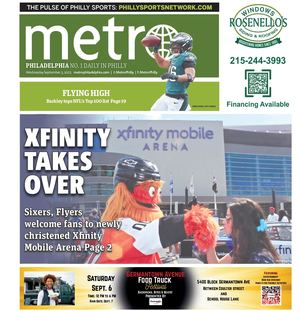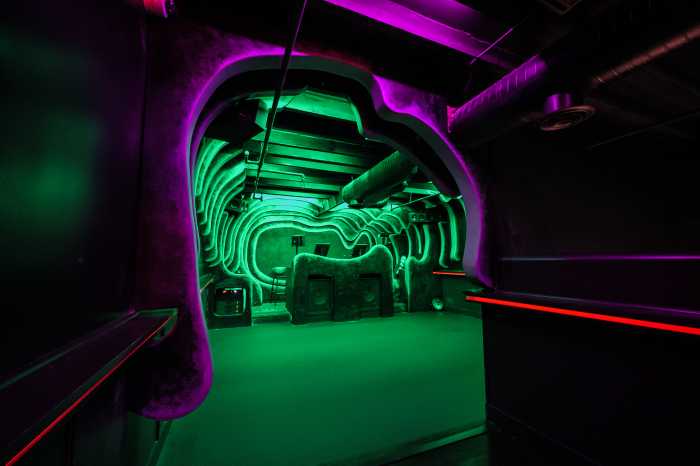Pamela Streich is the executive director of the Workforce Solutions for North Central PA. She previously served as the director of strategic planning. The goals of the organization are to enhance public-private partnerships, create innovative workforce development strategies, and ensure that all customers, both employers and employees, are at the center of the organization’s design.
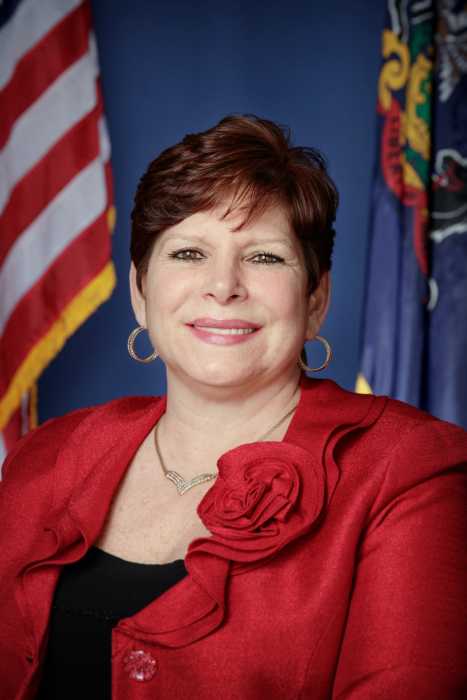
Christine Tartaglione
Senator, Pennsylvania State Senate

Beginning her career as a business agent for UFCW Local 1776, and later being elected to the Pennsylvania Senate, Senator Tartaglione has decades of experience advocating for workers and union membership. She is leading the fight on legislation that would raise the minimum wage, expand OSHA protections to state and municipal employees, protect gig workers from exploitation, and comprehensively address tax fraud and worker misclassification in the construction industry.
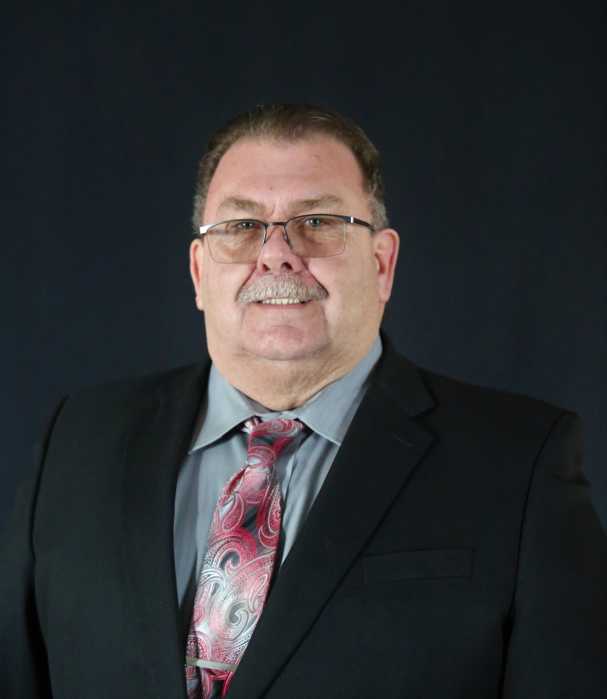
Howard Thompson
President, AFSCME Council 13

Howard Thompson became president of AFSCME Council 13 in 2022 after serving as a vice president representing District Council 85 since 2016. Howard has served in numerous officer positions for AFSCME Local 2902 since 1979 working for Neshannock Township, and he has served as an executive board member and president of AFSCME District Council 85.
What sector does your union service (healthcare, construction, etc.)?
State, County, Municipal, School District, and Healthcare workers.
What are the benefits that unions (your particular union, if applicable) offer their members?
The right to collectively bargain for good contracts and working conditions, as well as member-only discounts on a variety of goods and services.
What brought you to organizing and/or the issue of worker advocacy?
Grew up in a union household, dad was a member of Brotherhood of Carpenters and organized Neshannock Township, where I went on to work and be a union member.
How will Pennsylvania’s labor force evolve in the next five years?
Hopefully the labor force will continue to unionize and negotiate strong contracts for workers.
What kind of impact does organized labor have on local communities?
From the work we do to the community service projects we get involved with, organized labor benefits local communities in endless ways.
Esteban Vera, Jr.
Business Manager, Laborers' International Union of North America Local 57
Esteban Vera, Jr., is the business manager of LIUNA Local 57 and a veteran of the US Army. The union primarily represents laborers in the heavy and highway construction division, but also represents the utility division and the private industry division, which includes manufacturing, recycling facilities, quarries, and other companies that are in the construction industry. Before working for an organizer in the union and then moving up the ladder, Esteban worked in construction. He was also named to the SEPTA board of directors in March of 2021.
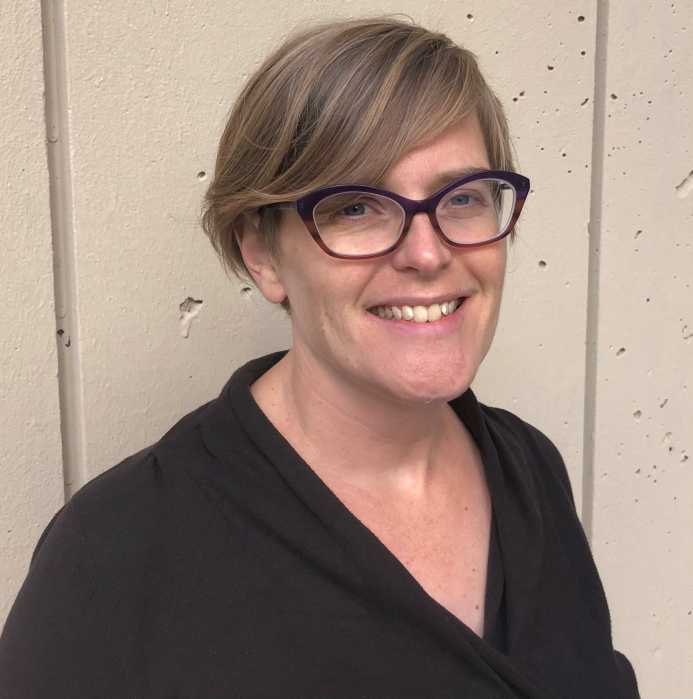
Rosslyn Wuchinich
President, UNITE HERE Local 274

Rosslyn Wuchinich started organizing food service workers to fight for a union in 2001. She joined Philadelphia’s UNITE HERE Local 274 as organizing director in 2009 and was elected president in 2012. Local 274 has unionized most Philly airport food service workers and more than doubled their pay, unionized Center City hotel and restaurant workers, won a Center City hotel contract standard of $22/hour minimum and won laws raising minimum wages, requiring fair scheduling and payments for worker healthcare and protecting workers’ jobs post-pandemic.
What sector does your union service (healthcare, construction, etc.)?
Hospitality, Hotel, Food Service workers.
What are the benefits that unions (your particular union, if applicable) offer their members?
Being part of our Union means you have the power to fight for contracts from your employer that include higher wages, healthcare, retirement pensions, job security, workload and staffing protections and other protections important to you.
What brought you to organizing and/or the issue of worker advocacy?
Witnessing massive racial and economic inequality growing up as a white person in an immigrant neighborhood made me search for real solutions. Community, feminist and youth organizers first taught me about grassroots organizing.
How will Pennsylvania’s labor force evolve in the next five years?
Service sector work, including hospitality and food service, remains the fastest growing sector of our economy. It needs to be fully unionized.
What kind of impact does organized labor have on local communities?
Service sector workers are still low-income and live in our low-income communities. If we unionized every service sector job, we would see a drastic change in Philadelphia’s rates of poverty and inequality.
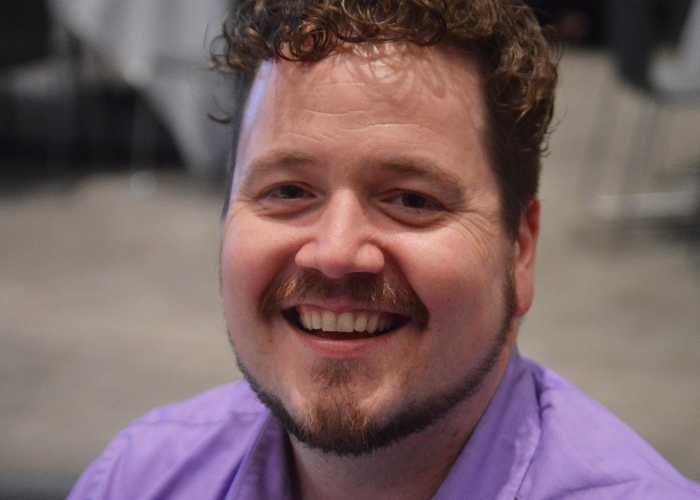
Matthew Yarnell
President, SEIU Healthcare Pennsylvania

Matthew Yarnell is president of SEIU Healthcare Pennsylvania, the largest union of healthcare workers in the state, representing tens of thousands of caregivers from hospitals, nursing homes, state agencies, and home care settings. Matt grew up in Central Pennsylvania and was raised in large part by his grandmother. Her influence played a pivotal part in shaping his value system and decision to dedicate his life to improving our healthcare system and the lives of caregivers.
What are the benefits that unions (your particular union, if applicable) offer their members?
Our frontline essential caregivers have faced unimaginable conditions over these years of the pandemic. Through their union, have spoken out publicly to demand protections for them and those they care for. They have won union contracts that provide safety and fair wages, and continue to hold corporate healthcare and elected leaders accountable to investing in care.
What brought you to organizing and/or the issue of worker advocacy?
I started working as a nursing home CNA in Centre County when I was a teenager. I was inspired to do so by my grandmother who raised me, and I wanted to give back to seniors as a way to honor her. I quickly realized that my residents weren’t getting the care they needed and deserved, and workers weren’t respected or valued. I quickly became active in the union, because I wanted to fight for a better system.
How will Pennsylvania’s labor force evolve in the next five years?
Over the past two years, billionaire’s wealth has doubled while working people suffer physically and financially. Workers are angry and we are seeing more and more of them come together to form their unions and demand the protections, wages, and respect they deserve. We will continue to see this growth of collective strength because working people are fed up and know they don’t have to be at the mercy of corporate greed.
What kind of impact does organized labor have on local communities?
Union caregivers don’t just advocate for themselves – they are advocating for the people they care for – their hospital patients, nursing home residents, and those they care for at home. We often say ‘If caregivers are outside, then there’s something wrong inside” and it’s absolutely true – When healthcare workers have a voice they can demand the high quality care everyone in the community deserves.
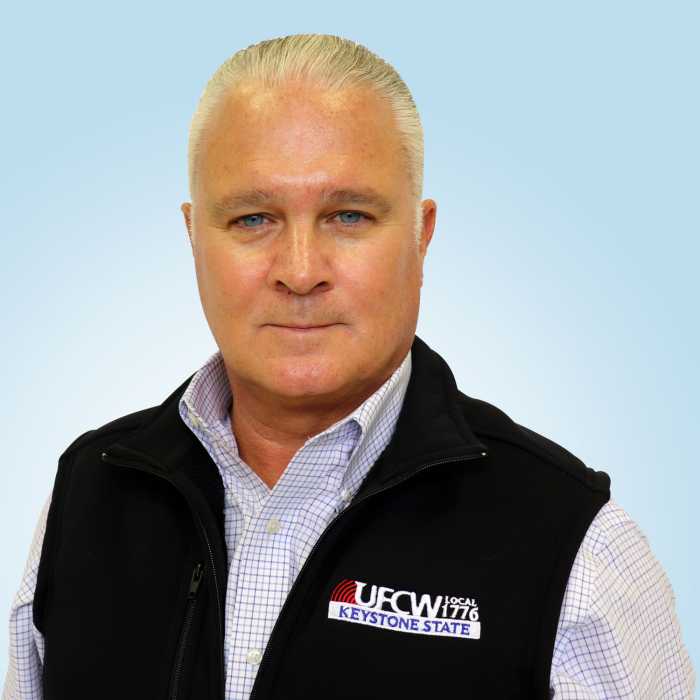
Wendell Young IV
President, United Food and Commercial Workers (UFCW) Local 1776

Wendell Young IV has served as president of UFCW Local 1776 since 2005. He represents 35,000 members across Pennsylvania, Ohio, New York, and West Virginia in retail, food processing, and medical cannabis, among other sectors. In 2018, Young led the merger of UFCW Locals 1776 and 23, one of the most important initiatives in the Local’s long history. Young is a fundraiser for the Leukemia and Lymphoma Society, and the ALS Association.
What sector does your union service (healthcare, construction, etc.)?
We represent nearly 30,000 workers in retail, food processing, public services, healthcare, gaming, manufacturing, and medical cannabis.
What are the benefits that unions (your particular union, if applicable) offer their members?
Higher wages. Stronger benefits. Better working conditions. A voice in the workplace. The only way to secure these benefits to workers is through organized labor. Our Local also provides a wide array of member benefits, including access to free college education, affinity programs and partnerships that deliver real savings.
What brought you to organizing and/or the issue of worker advocacy?
I was raised in a union household, worked in union shops, and have spent my professional career advocating for workers and their families. UFCW 1776 has always been at the forefront of the labor movement in our region. Our Local was among the first to negotiate important benefits such as maternity leave (parental leave), affordable childcare and access to continued education benefits for members. We assist members and their families in becoming U.S. citizens. For our Local, advocacy starts at work, but it goes far beyond the job.
How will Pennsylvania’s labor force evolve in the next five years?
Our workforce is becoming more diverse, and unions will need to do a better job in reaching these workers and their families. Workers will continue to demand more flexibility, depending on the worksite, and new industries such as cannabis present new opportunities. We have offered access to free college education to members for several years now and, looking ahead, continued training and education will be pivotal to keeping pace with changing technology. As always, to succeed, we will need to continue delivering value to our members.
What kind of impact does organized labor have on local communities?
Good jobs build strong communities! Our members invest in their communities, our higher wages and benefits are returned to local businesses and stores. A stable job with strong benefits allows our members to be actively engaged in their communities. We coach the little league teams and are active in local charities, school and church groups.
George Zalar
Business Manager, Ironworkers Local 404
George Zalar is the business manager of Ironworkers Local 404. Local 404 includes 30 countries in Central and Eastern Pennsylvania. The union is part of the International Association of Bridge, Structural, Ornamental and Reinforcing Ironworkers, as well as the Ironworkers District Council of Philadelphia.
